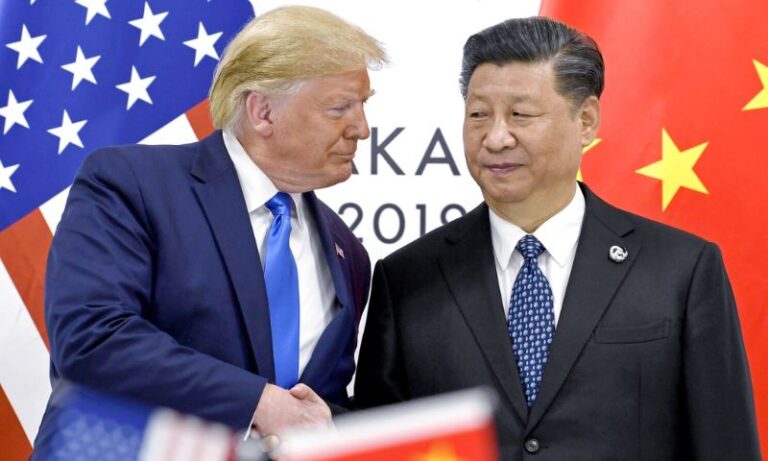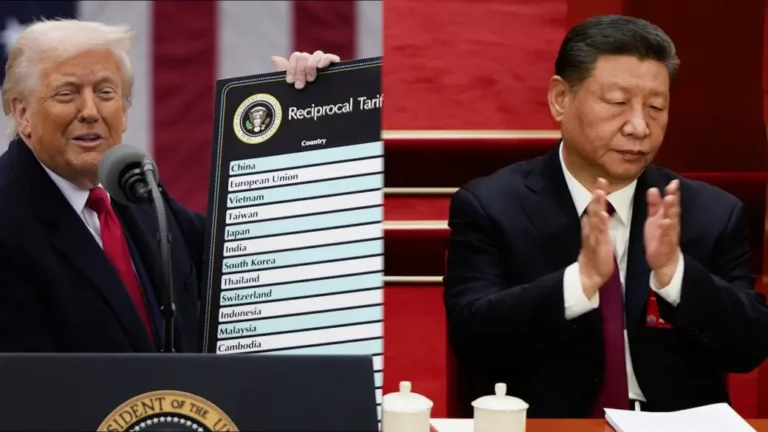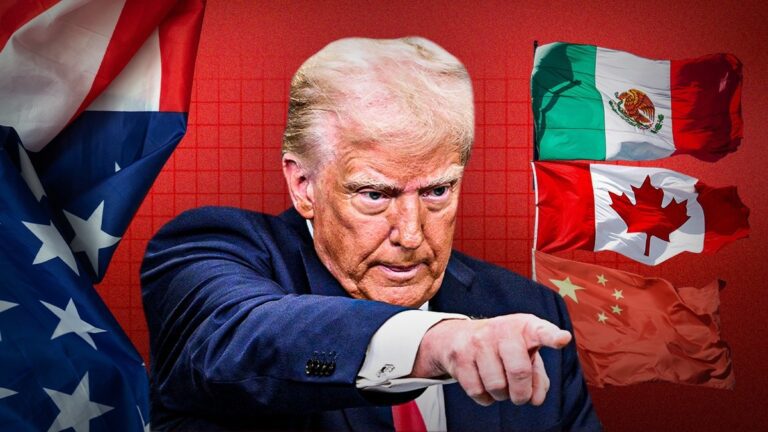Trump Spares Smartphones and Laptops from Tariffs in 2025 Trade Policy Update

April 12, 2025
In a notable course correction, President Donald Trump has announced that smartphones, laptops, and other personal electronics will no longer be subject to the latest wave of U.S. tariffs. The decision, which came as a surprise amid an escalating trade standoff, is being welcomed by tech firms and consumers alike.
The exemption covers a broad spectrum of digital goods, including mobile phones, personal computers, wireless routers, semiconductor devices, and memory components. These items were initially part of the administration’s sweeping tariff plan, which imposed up to 125% duties on Chinese-made imports and 10% global tariffs across multiple sectors.
According to sources familiar with the White House deliberations, the reversal was prompted by mounting pressure from the tech industry and concerns over the potential inflationary effect on consumer electronics. Companies like Apple, Microsoft, and HP, heavily reliant on international manufacturing and supply chains, warned of immediate price increases and supply shortages if the tariffs were enforced.
This pivot signals a tactical shift in the Trump administration’s trade posture—still aggressive, but more targeted. By excluding high-demand consumer tech, the White House aims to maintain leverage in negotiations without disrupting a key segment of the economy.
The policy change also reflects the economic realities heading into mid-2025. With inflation already pressuring U.S. households and tech stocks experiencing volatility, the exemption may help stabilize both consumer spending and investor confidence.
Industry analysts believe the decision could ease short-term tensions, but broader trade challenges remain. Other sectors—like automotive, pharmaceuticals, and industrial manufacturing—are still contending with high tariffs, as the administration continues its push for what it calls “fair and reciprocal trade.”
While this exemption offers a reprieve for consumers and tech manufacturers, the trade war’s next phase is uncertain. For now, one of the most consumer-sensitive industries has narrowly avoided a direct hit.
As global trade tensions simmer, Trump’s decision to spare smartphones and laptops offers a rare moment of relief for both tech giants and everyday consumers. While the broader tariff strategy signals a hardline stance against China, this selective exemption reveals the complex balancing act between economic protectionism and technological dependency. For now, your next iPhone or laptop may not come with a tariff hike — but the trade chessboard is still in motion, and the next move could reshape more than just your shopping list.
🔗 Further Reading from Trusted Sources:
- Trump’s 2025 Trade Strategy Leaves Key Tech Imports Untouched – Bloomberg
In-depth coverage on why smartphones and laptops were spared and what it means for the global tech market. - Tariff Update 2025: What Trump’s Policy Means for Consumers – Reuters
A breakdown of how the latest tariff policy could affect pricing, trade relations, and consumer electronics.





